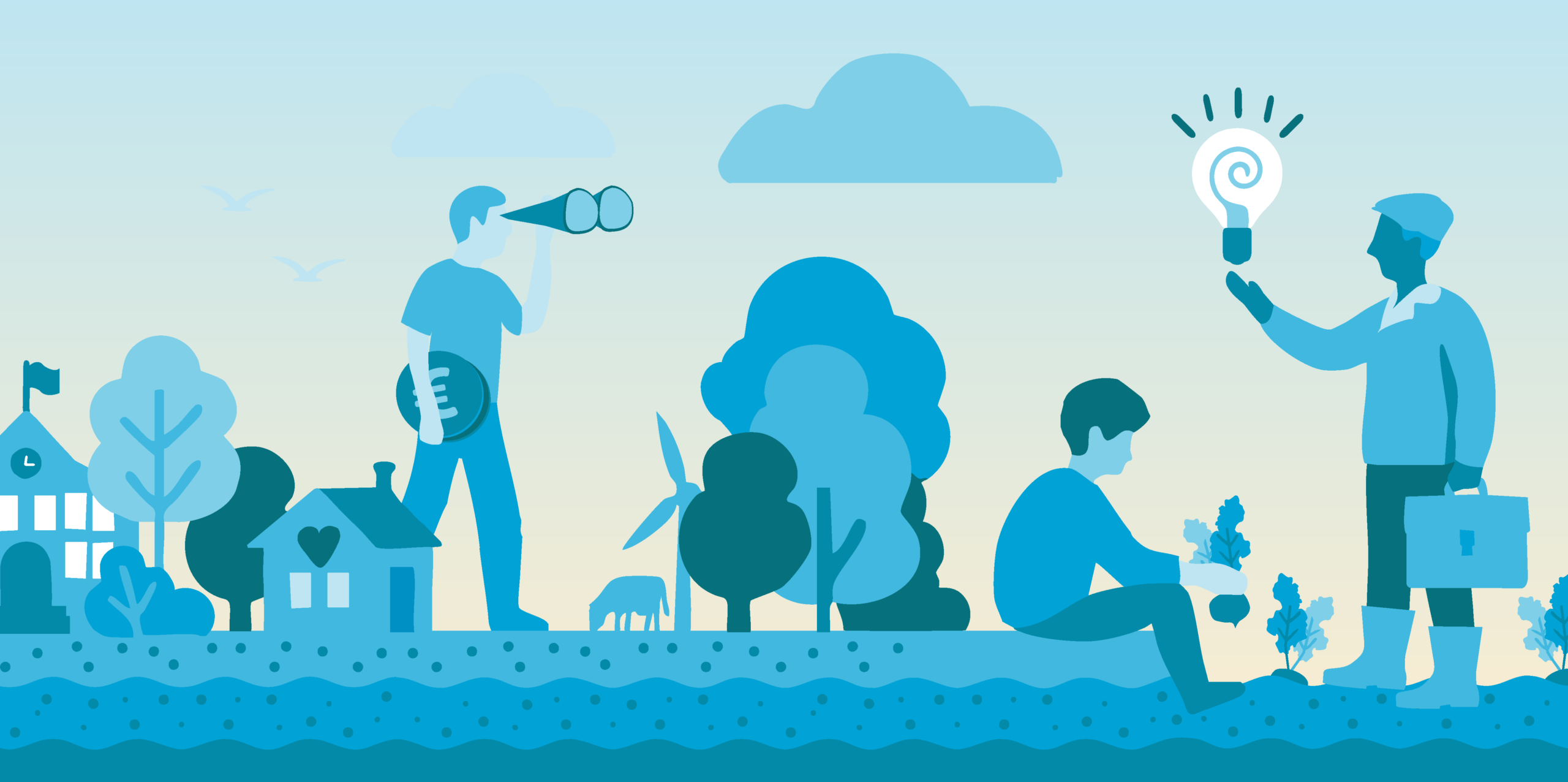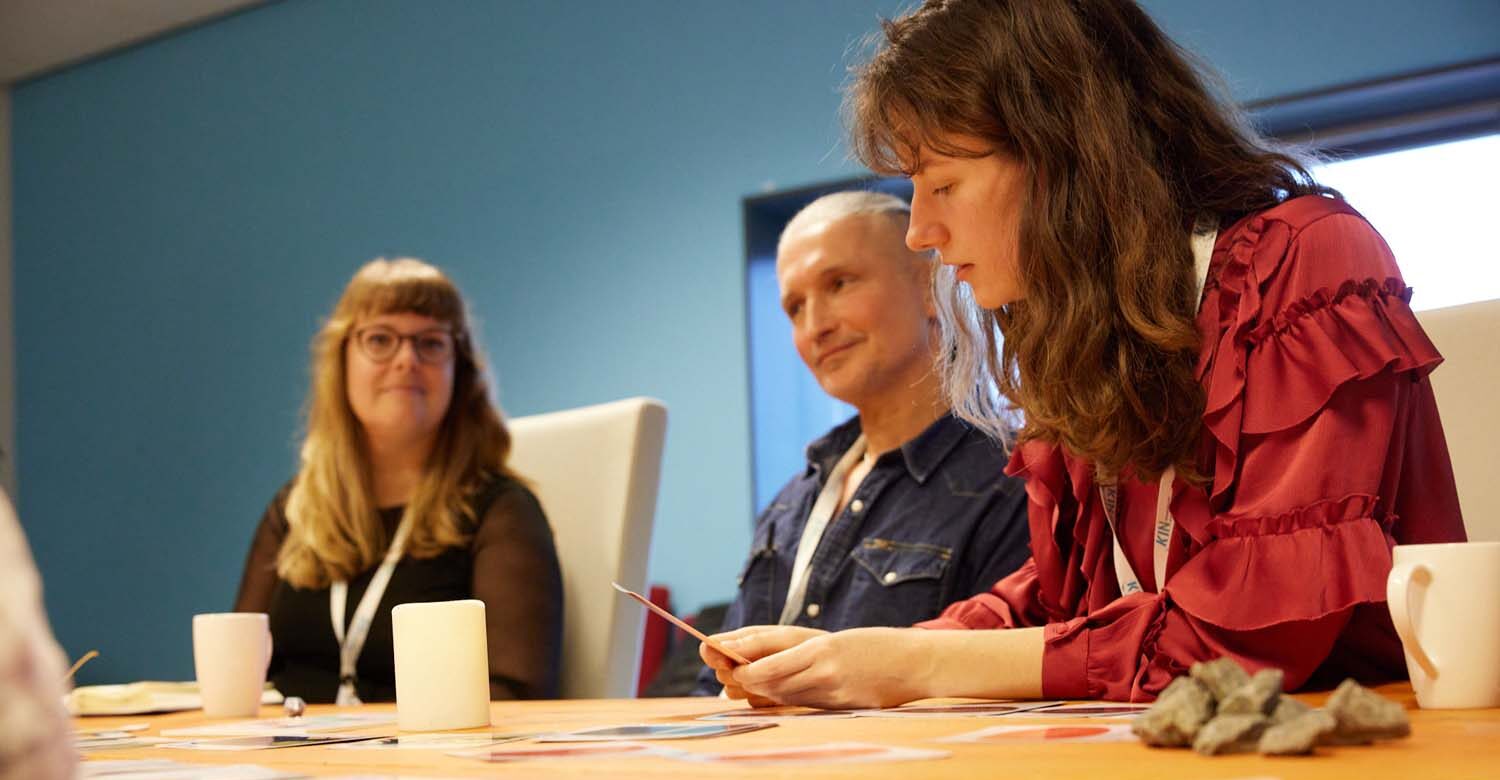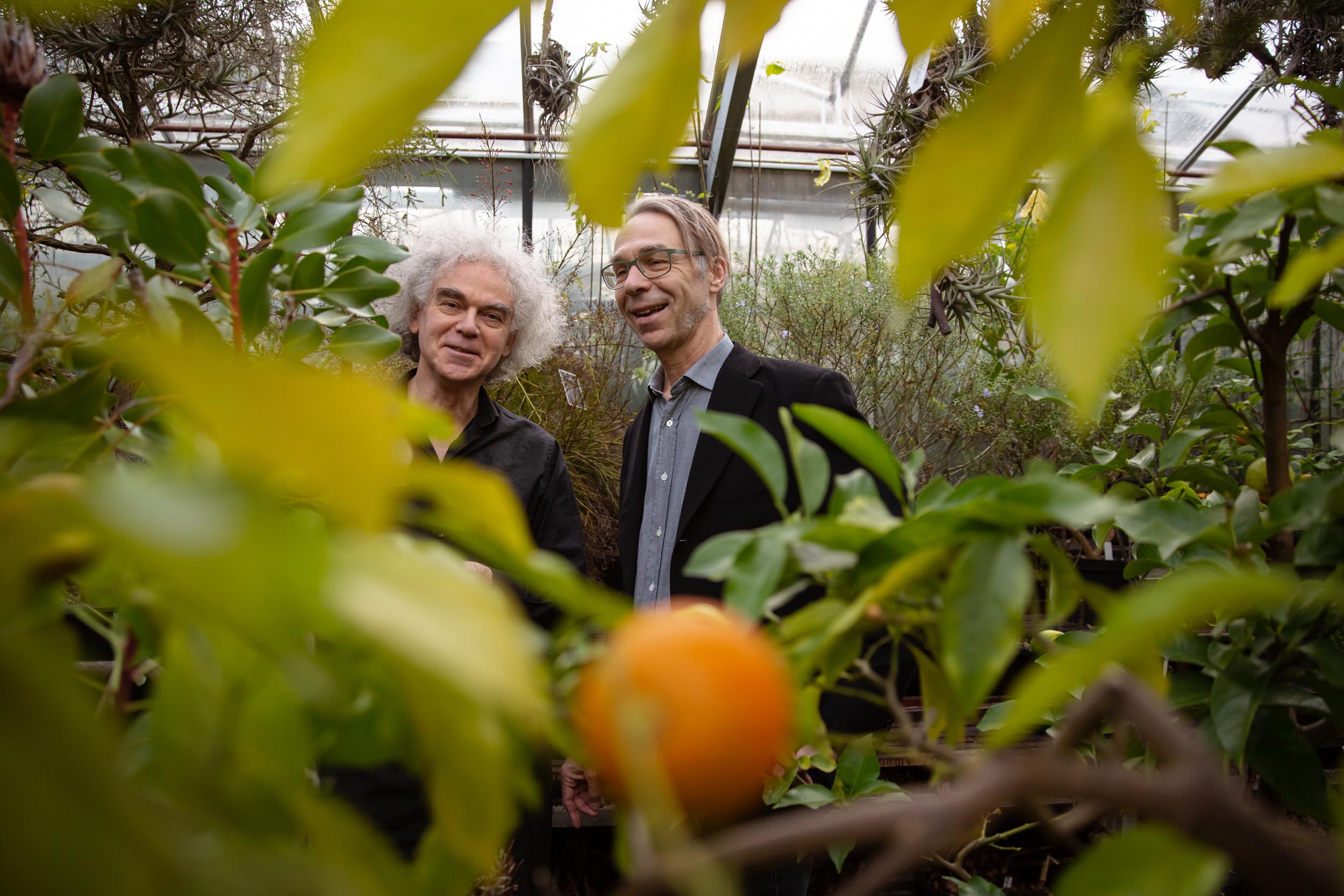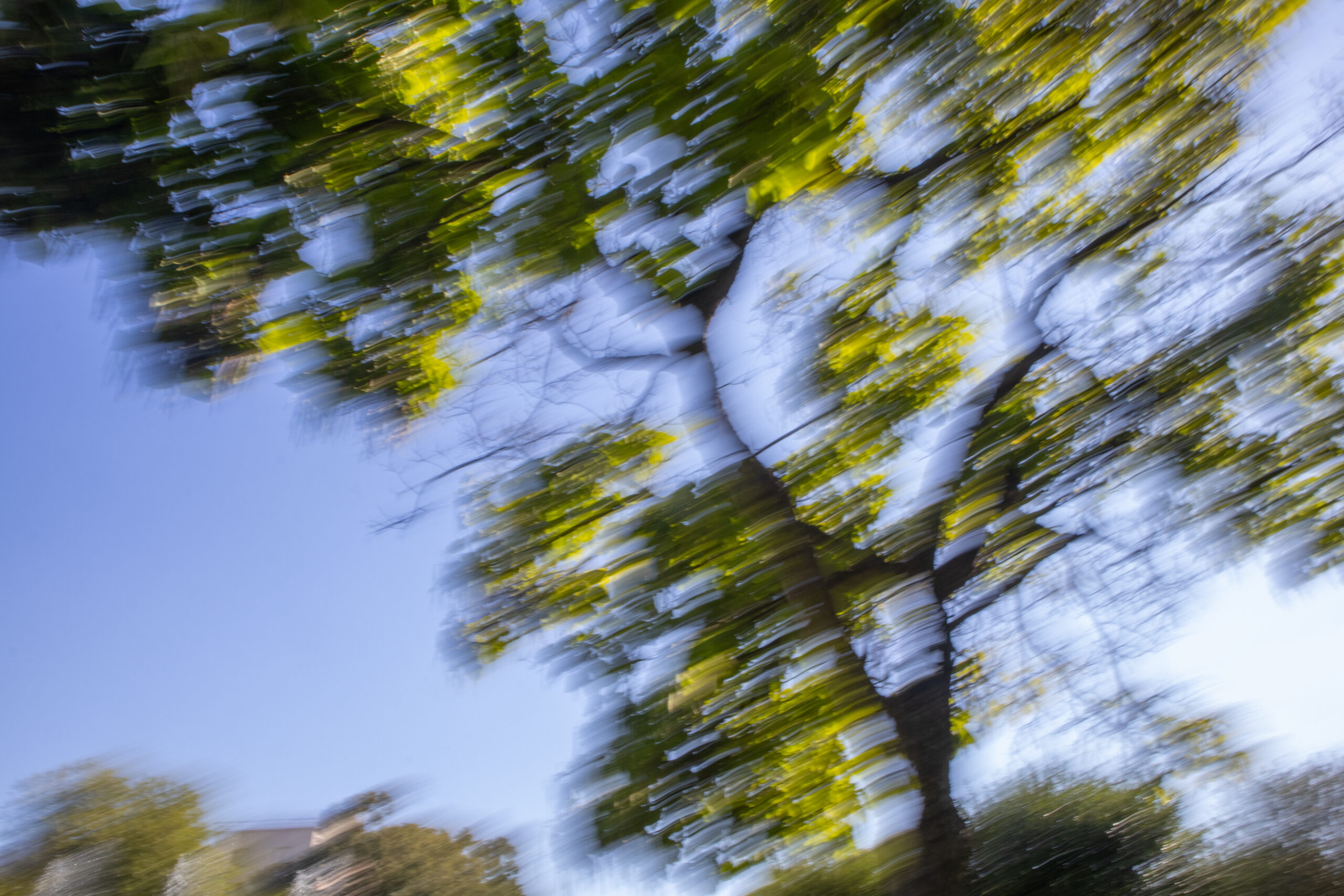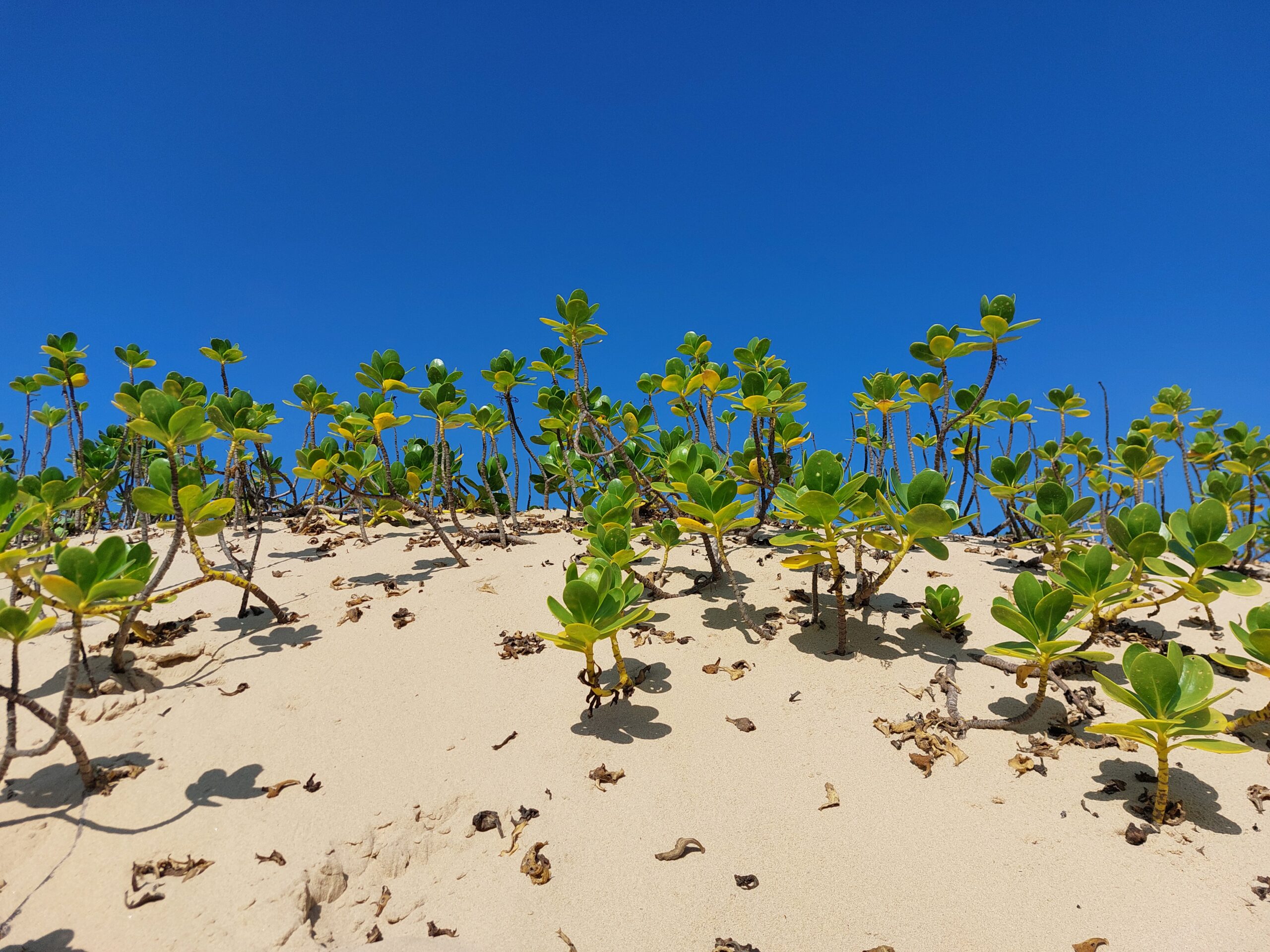Accelerating transitions together
for a climate-resilient future
The transition to a climate-resilient, just future is waiting on a breakthrough. We’re not moving fast enough. Together, researchers, policymakers, and climate workers can make a difference. To do so, knowledge needs to flow freely. From science to practice and vice versa. The Dutch Climate Research Initiative (KIN) breaks down existing barriers and encourages collaboration. This way, we can accelerate the climate transition together. To make your work matter even more.
What are you looking for?
Collaboration
As a researcher, policy officer, or climate professional, join our KIN Pact community. In the KIN Pact, you’ll collaborate with researchers and professionals in working groups on your climate and transition goals.
Knowledge development
Knowledge from science and practice reinforce each other in national and global programmes and projects in which scientists and practioners work jointly on just climate transitions.
Financing
Discover our new grant programs designed to stimulate and support transition-oriented initiatives, networks, and action-oriented research.
Latest news
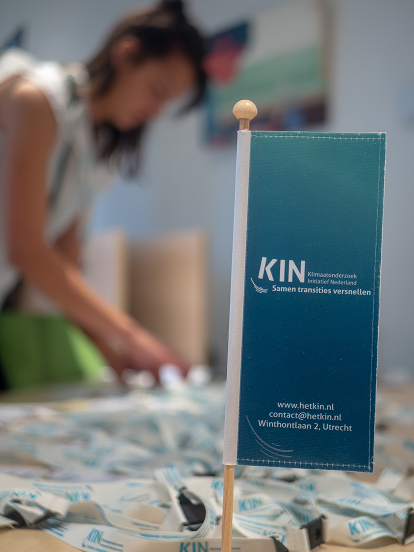
What is the Dutch Climate Research Initiative (KIN)?
The Dutch Climate Research Initiative (KIN) is an organisation that broadens, deepens and unlocks knowledge for just transitions to a climate-neutral and climate-resilient society. Climate change affects everyone. Systemic change is needed to build a liveable future for coming generations. We enable social partners to realise these systemic changes. KIN is part of the Dutch Research Council (NWO).


